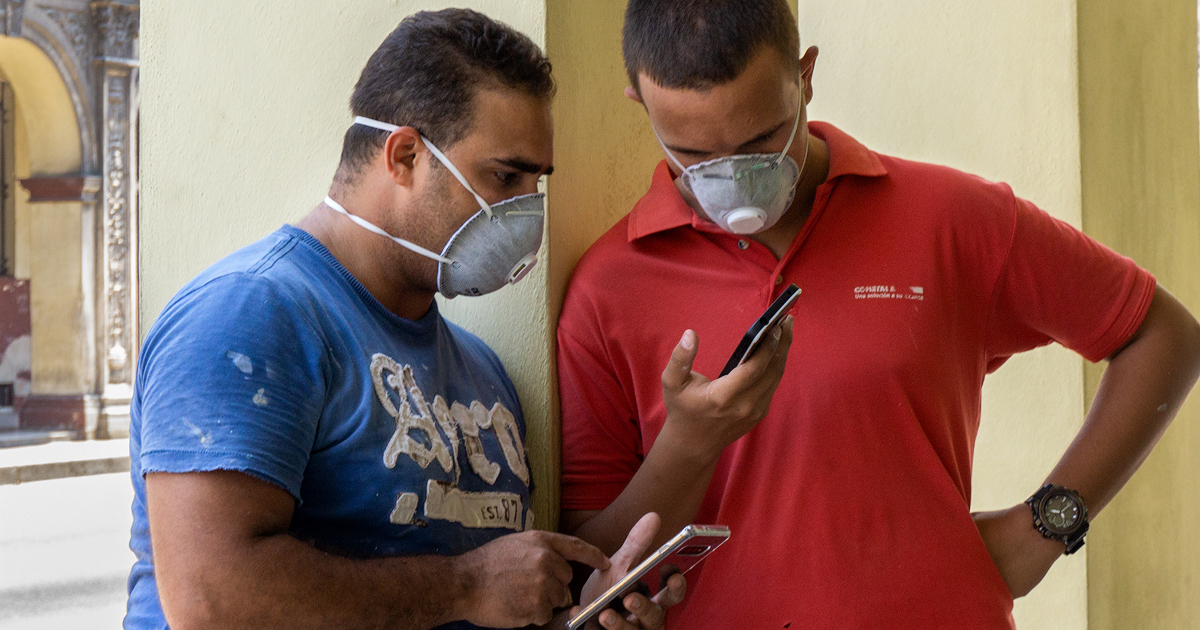
The official press alerted Cubans about the increase in credit scams in recent days, with techniques that use text messages.
The creativity of scammers in Cuba seems to have no limits, especially in the field of telecommunications. Cubadebate warned in his Canal USB, how balance thefts occur.
An unknown interlocutor, after a polite conversation, confesses to having made a mistake when transferring a certain amount of money in CUP to another number and kindly asks you to resend the money. If the user agrees, they immediately become a victim of fraud.
The transfer confirmation message comes from a private number, deviating from the usual protocol of Etecsa, the state telecommunications company, which sends confirmations from an official channel.
This scam method is not new. In April, Etecsa warned about this type of fraudulent practices. The recommendation is to verify the latest operations through Transfermóvil to confirm the authenticity of any transfer received.
The phenomenon has gained visibility on social networks, where several users have reported similar scam attempts, particularly in the informal CUP/MLC buying and selling market.
Scammers, using private numbers, send messages that imitate those of Etecsa to deceive their victims.
Cuban authorities warn that any official balance or cash transfer, whether through Transfermóvil or USSD codes, will always identify Cubacel or PAGOxMOVIL as the recipient. No legitimate operations will include messages from private numbers.
It is advisable to ignore calls from unknown numbers or with international prefixes. We also warn against participating in sweepstakes or downloading files from suspicious links, which could contain viruses.
Verifying the authenticity of the official pages of entities such as Etecsa and Enzona, including their social networks, is essential to avoid falling into traps disguised as promotions or charitable events.
Ultimately, caution and skepticism are the best allies against fraud in the digital age. Be sure to follow these recommendations to protect your balance and your security.
What do you think?
COMMENTFiled in: